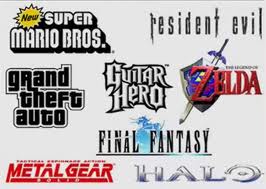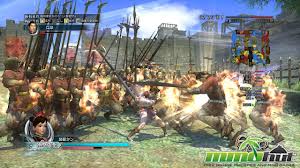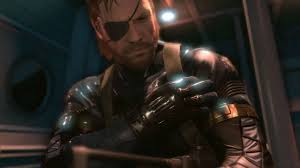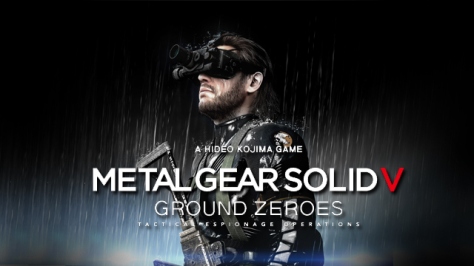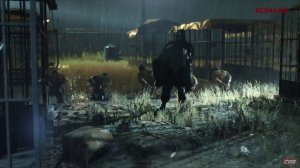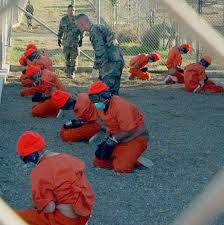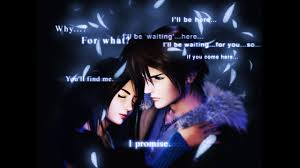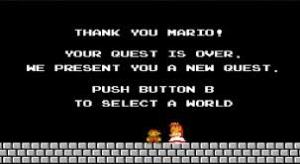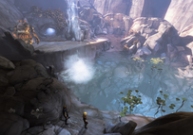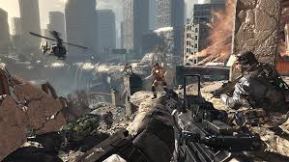You did it. Game over. Mission accomplished. You beat the final boss. You reached 100% completion. Platinum trophy to you, get paid 1000 gamerpoints. So let me ask you this: Why did you do it? Was it fun? Did your OCD tell you that you had to collect everything? I believe that everyone has deep reasons why they deeply involve themselves in any gaming title. Specifically, there’s a darker tone to the motivations of many gamers in the world. At the risk of making this post sound like a brief autobiography, I’d like to discuss my motivations for spending 30+ hours on a single game: my attempt to control something.
I’ve spent almost of my cognitive life playing video games. My first console was the Super Nintendo, and I collected games like trading cards. To me, the gaming thing was a hobby that up until now, I thought was just something I did, along with playing with toys. I never really noticed why I was playing so many games. I was a kid.
Hop forward to now. I’m starting to really come to terms and recognize my issues with anxiety and depression. The world feels out of sync. I’ve made choices that have hurt my future so much. The struggle to breathe during episodes of panic have set in. At 25, my emotions are more off centered than they were during my teenage angst years. It’s so crazy, how life never throws you what you expect.
Because of this, I’ve been really evaluating what my coping techniques are in life, and gaming keeps popping up as the one thing I do in order to escape and focus on something I can work with. As a child, I was a quiet kid. Only child, and one best friend that I hung out with. I wasn’t popular, and I didn’t get out much. Games really became something of a vacation for me everyday. I would jump in and play for hours. Now that I think about it, maybe I was setting habits for dealing with my issues of not really making lots of friends or feeling like I had any say in life.
Think about the games we have now. “Mass Effect” has taken hundreds of hours of my life in the name of saving the galaxy. So have other RPGs. I sneak around as Solid Snake or an Assassin, learning as they learn and wishing I could have their convictions and morals. Soaking in every graphical aspect of “The Last of Us”. It’s sad to say, there is way more interest in a world that has been created for me than there is in my own life. Sometimes. Don’t call anyone to lock me up in an asylum.
I think me, like thousands of gamers, do what we do because we don’t feel in control in our own lives. Consider what an average human has to go through. Financial woes, working a job that they’re not completely happy with, relationships falling apart. These things make us feel so lost in the world, and not all of us are strong enough to just pick up and find opportunity in struggle. I know I’m definitely not that strong. So, while some may turn to religion to cast their worries about lack of control, others pick up a controller and get to playing.
What’s important to remember is that gaming cannot be a complete replacement for treatment on these issues. No matter how long I game, I have to turn the console off and cope with whatever is off the TV, and I can definitely admit that I hate it. I know why, too. It’s because of the fact that subconsciously, I understand that there are no real world ramifications for my choices in “The Walking Dead.” As a people, we have to realize the difference between what is real and what isn’t. We also need to know the time to escape and the time to stand strong in our own lives. So, I challenge you to continue shaping the gaming experiences you love, and I urge you to approach your own life in the same objective fashion. Life isn’t a game, but it is your own.

